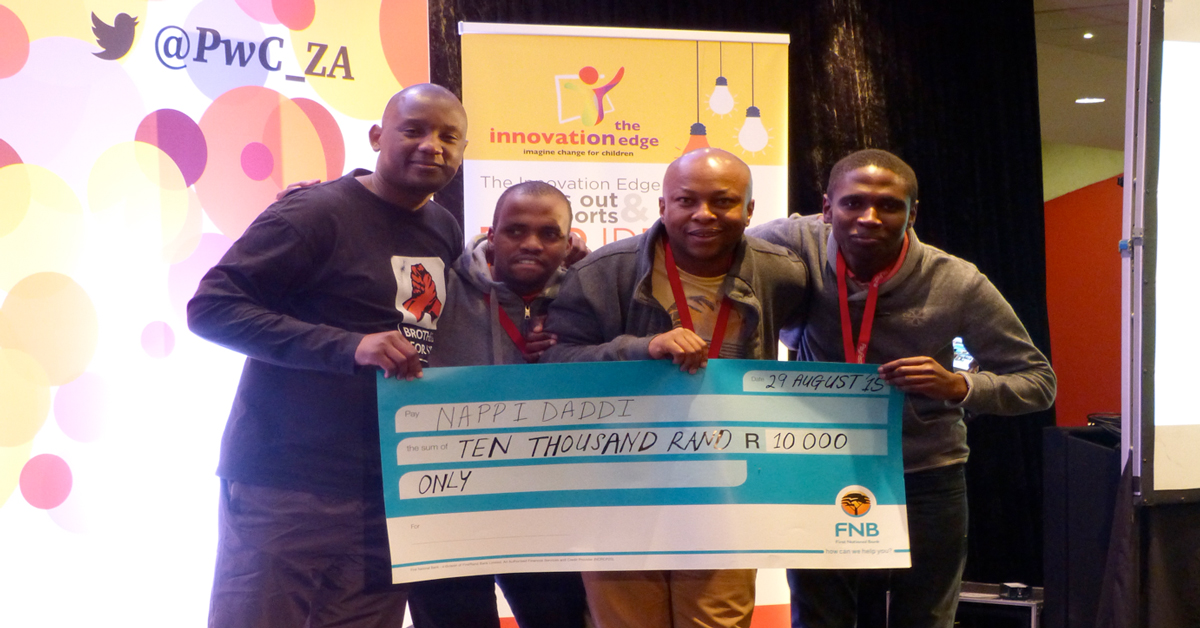
One of the major challenges faced by families in South Africa is father absence, which has significant implications for child and family wellbeing. Data from Statistics South Africa (2010) reveal that 48% of children in South Africa have absent fathers, while only 33% live with both parents. About 39% of children live with their mothers only.
These statistics reveal a problematic situation for women and children in South Africa. The lack of positively involved fathers and male role models can have major developmental implications for children, including lack of self-esteem, involvement in crime, and poor school performance. The absence of positively involved fathers at home also increases the burden of care on women. MenCare’s State of the Worlds Fathers report, released in June 2015, revealed that women in South Africa carry out eight times more unpaid care work, on average, than men do.
With this in mind, MenCare partner Sonke Gender Justice decided to participate in the 2015 South African Innovation Summit, held in Cape Town on August 28-29, 2015 and hosted by Innovation Edge. The summit brought together both national and international innovators to showcase their talents, innovations, and ideas.
MenCare South Africa trainer, Suleiman Henry, participated on a team of innovators that set out to develop a mobile app called NappiDaddi. The NappiDaddi app aims to help fathers of young children become more involved in their children’s early care and development. It uses gamification (game-like elements) to motivate fathers to face the numerous challenges of childcare, as well as facilitates the exchange of knowledge through peer-to-peer advice.
The NappiDaddi team won the summit’s top innovation award of R10,000, which they will use to improve and disseminate the app.
To improve children’s wellbeing, South Africa has already made significant progress in social investment policies and innovative strategies to increase access to early child development (ECD) services. Statistics South Africa reveals that Grade R (age 5) school enrollment increased from 15% in 1999 to 60% in 2009 in the country. The challenge that remains is increasing men’s involvement in early childhood development and care, with benefits for children, women, and men themselves.
“NappiDaddi eases the transitioning into parenthood through clear pattern recognition and rule-based guidance,” explained Kanya Msila, a member of the winning team of amateur programmers.